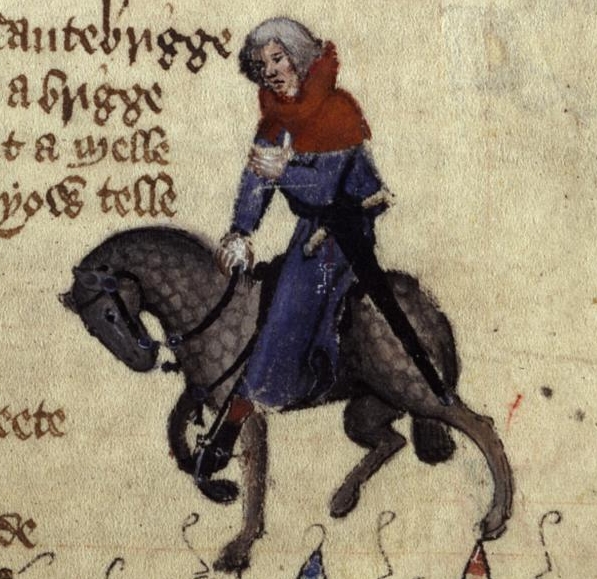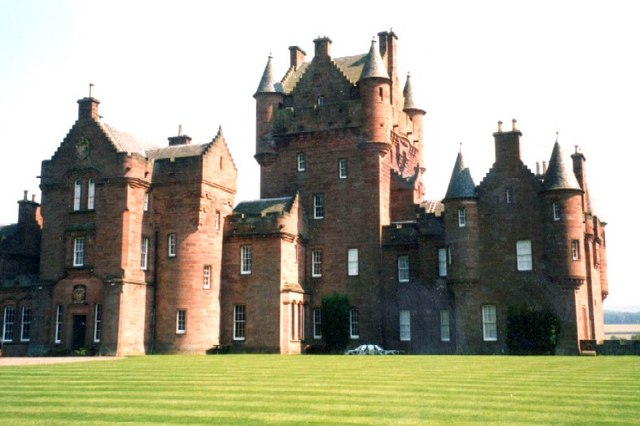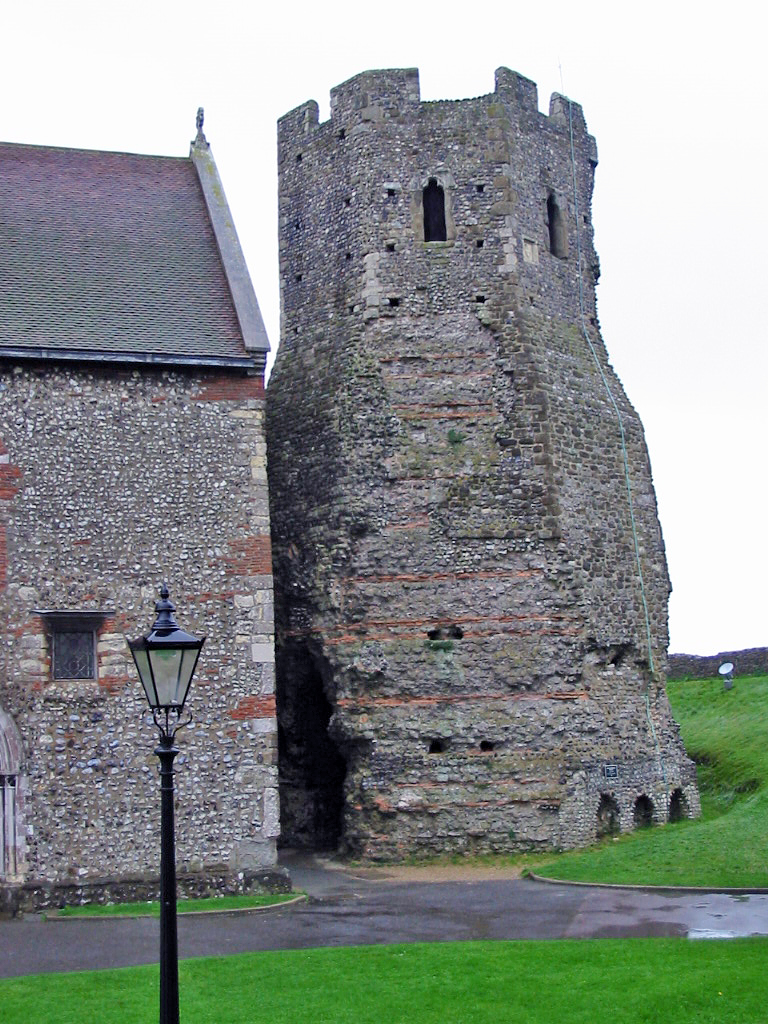|
Bailiffs
A bailiff (from Middle English baillif, Old French ''baillis'', ''bail'' "custody") is a manager, overseer or custodian – a legal officer to whom some degree of authority or jurisdiction is given. Bailiffs are of various kinds and their offices and duties vary greatly. Another official sometimes referred to as a ''bailiff'' was the ''Vogt''. In the Holy Roman Empire a similar function was performed by the ''Amtmann''. British Isles Historic bailiffs ''Bailiff'' was the term used by the Normans for what the Saxons had called a '' reeve'': the officer responsible for executing the decisions of a court. The duty of the bailiff would thus include serving summonses and orders, and executing all warrants issued out of the corresponding court. The district within which the bailiff operated was called his '' bailiwick'', even to the present day. Bailiffs were outsiders and free men, that is, they were not usually from the bailiwick for which they were responsible. Throughout Nor ... [...More Info...] [...Related Items...] OR: [Wikipedia] [Google] [Baidu] |
Bailiff (Channel Islands)
The bailiff is the chief justice in each of the Channel Island bailiwick A bailiwick () is usually the area of jurisdiction of a bailiff, and once also applied to territories in which a privately appointed bailiff exercised the sheriff's functions under a royal or imperial writ. The bailiwick is probably modelled on th ...s of Bailiwick of Guernsey, Guernsey and Jersey, also serving as Speaker (politics), president of the legislature and having ceremonial and executive functions. Each bailiwick has possessed its own bailiff since the islands were divided into two Jurisdiction (area), jurisdictions in the 13th century. The bailiffs and deputy bailiffs are appointed by the Crown on the advice of the Secretary of State for Justice (not by the governments or legislatures of the islands) and may hold office until retirement age (65 in Guernsey, 70 in Jersey). Roles of the bailiffs Originally, the bailiff was both legislator and judge, but the position has become increasingly conc ... [...More Info...] [...Related Items...] OR: [Wikipedia] [Google] [Baidu] |
High Court Enforcement Officer
A High Court enforcement officer (HCEO) is an officer of the High Court of England and Wales responsible for enforcing judgements of the High Court, often by seizing goods or repossessing property. Prior to 2004, HCEOs were known as ''sheriff's officers'' and were responsible for enforcing High Court writs on behalf of the high sheriff for each county, but they are now directly responsible for such writs. HCEOs operate only in England and Wales. Role and history High Court enforcement officers are authorised by the Lord Chancellor, and assigned to one of a number of enforcement districts. Historically they would be assigned to the ''shrieval county'' (roughly the historic ''shire'') of the corresponding high sheriff, but under the Courts Act 2003, this connection is severed and the districts are not necessarily conterminous with the shrievalty. The officers retain the common law powers of a sheriff, and, like the sheriff previously, can delegate this authority to others acting ... [...More Info...] [...Related Items...] OR: [Wikipedia] [Google] [Baidu] |
Channel Islands
The Channel Islands ( nrf, Îles d'la Manche; french: îles Anglo-Normandes or ''îles de la Manche'') are an archipelago in the English Channel, off the French coast of Normandy. They include two Crown Dependencies: the Bailiwick of Jersey, which is the largest of the islands; and the Bailiwick of Guernsey, consisting of Guernsey, Alderney, Sark, Herm and some smaller islands. They are considered the remnants of the Duchy of Normandy and, although they are not part of the United Kingdom, the UK is responsible for the defence and international relations of the islands. The Crown dependencies are not members of the Commonwealth of Nations, nor have they ever been in the European Union. They have a total population of about , and the bailiwicks' capitals, Saint Helier and Saint Peter Port, have populations of 33,500 and 18,207, respectively. "Channel Islands" is a geographical term, not a political unit. The two bailiwicks have been administered separately since the late ... [...More Info...] [...Related Items...] OR: [Wikipedia] [Google] [Baidu] |
County Court
A county court is a court based in or with a jurisdiction covering one or more counties, which are administrative divisions (subnational entities) within a country, not to be confused with the medieval system of ''county courts'' held by the high sheriff of each county. England and Wales Since 2014, England and Wales have had what is officially described as "a single civil court" named the County Court, with unlimited financial jurisdiction. However it should be understood that there are County Court buildings and courtrooms throughout England and Wales, not one single location. It is "a single civil court" in the sense of a single centrally organised and administered court ''system''. Before 2014 there were numerous separate county court systems, each with jurisdiction across England and Wales for enforcement of its orders, but each with a defined "county court district" from which it took claims. County court districts did not have the same boundaries as counties: the name wa ... [...More Info...] [...Related Items...] OR: [Wikipedia] [Google] [Baidu] |
Reeve (England)
In Anglo-Saxon England, the reeve was a senior official with local responsibilities under the Crown, such as the chief magistrate of a town or district. After the Norman conquest, it was an office held by a man of lower rank, appointed as manager of a manor and overseer of the peasants. In this later role, historian H. R. Loyn observes, "he is the earliest English specialist in estate management." Anglo-Saxon England Before the Conquest, a reeve (Old English '' ġerēfa''; similar to the titles '' greve''/''gräfe'' in the Low Saxon languages of Northern Germany) was an administrative officer who generally ranked lower than the ealdorman or earl. The Old English word ''ġerēfa'' was originally a general term, but soon acquired a more technical meaning. Land was divided into a large number of hides—an area containing enough farmable land to support one household. Ten hides constituted a tithings, and the families living upon it (in theory, ten of them) were obliged to underta ... [...More Info...] [...Related Items...] OR: [Wikipedia] [Google] [Baidu] |
Warning Do Not Enter Certificated Bailiffs London 2
Warning may refer to: Signal * Precautionary statement * Warning sign * Warning system * Warning (traffic stop), issued by a police officer in lieu of a citation following a traffic stop Books * ''A Warning'' (book), a 2019 book by an anonymous Trump administration official later identified as Miles Taylor * ''Warnings'' (book), a 2017 book by Richard A. Clarke * ''The Warning'' (novel), a 1998 ''Animorphs'' novel by K. A. Applegate * "Warning", a 1962 poem by Jenny Joseph Films * ''The Warning'', a 1915 film produced by Equitable Motion Picture Company * ''The Warning'' (1927 film), an American silent film * ''The Warning'' (1928 film), a British silent film * ''Warning'' (1946 film), a Czechoslovak film * ''A Warning'' (film), a 1953 Czechoslovak drama film * ''The Warning'' (1980 film), an Italian giallo film * ''Warning'' (2013 film), an Indian Hindi thriller film * ''Warning'' (2015 film), a Bangladeshi action comedy film * ''The Warning'' (2015 film), an ... [...More Info...] [...Related Items...] OR: [Wikipedia] [Google] [Baidu] |
Scottish Feudal Barony
In Scotland, a baron or baroness is the head of a feudal barony, also known as a prescriptive barony. This used to be attached to a particular piece of land on which was situated the ''caput'' (Latin for "head") or essence of the barony, normally a building, such as a castle or manor house. Accordingly, the owner of the piece of land containing the ''caput'' was called a baron or baroness. According to Grant, there were around 350 identifiable local baronies in Scotland by the early fifteenth century and these could mostly be mapped against local parish boundaries. The term baron was in general use from the thirteenth century to describe what would have been known in England as a knight of the shire.Alexander Grant, "Franchises North of the Border: Baronies and Regalities in Medieval Scotland", Chapter 9, Michael Prestwich. ed., ''Liberties and Identities in Medieval Britain and Ireland'' (Boydell Press: Woodbridge, 2008) The 1896 edition of ''Green's Encyclopaedia of the Law o ... [...More Info...] [...Related Items...] OR: [Wikipedia] [Google] [Baidu] |
Lord Chancellor
The lord chancellor, formally the lord high chancellor of Great Britain, is the highest-ranking traditional minister among the Great Officers of State in Scotland and England in the United Kingdom, nominally outranking the prime minister. The lord chancellor is appointed by the sovereign on the advice of the prime minister. Prior to their Union into the Kingdom of Great Britain, there were separate lord chancellors for the Kingdom of England (including Wales) and the Kingdom of Scotland; there were lord chancellors of Ireland until 1922. The lord chancellor is a member of the Cabinet and is, by law, responsible for the efficient functioning and independence of the courts. In 2005, there were a number of changes to the legal system and to the office of the lord chancellor. Formerly, the lord chancellor was also the presiding officer of the House of Lords, the head of the judiciary of England and Wales and the presiding judge of the Chancery Division of the High Court of Justic ... [...More Info...] [...Related Items...] OR: [Wikipedia] [Google] [Baidu] |
High Court Of Justice
The High Court of Justice in London, known properly as His Majesty's High Court of Justice in England, together with the Court of Appeal of England and Wales, Court of Appeal and the Crown Court, are the Courts of England and Wales, Senior Courts of England and Wales. Its name is abbreviated as EWHC (England and Wales High Court) for legal citation purposes. The High Court deals at Court of first instance, first instance with all high value and high importance Civil law (common law), civil law (non-criminal law, criminal) cases; it also has a supervisory jurisdiction over all subordinate courts and tribunals, with a few statutory exceptions, though there are debates as to whether these exceptions are effective. The High Court consists of three divisions: the King's Bench Division, the #Chancery Division, Chancery Division and the #Family Division, Family Division. Their jurisdictions overlap in some cases, and cases started in one division may be transferred by court order to ... [...More Info...] [...Related Items...] OR: [Wikipedia] [Google] [Baidu] |
Assizes
The courts of assize, or assizes (), were periodic courts held around England and Wales until 1972, when together with the quarter sessions they were abolished by the Courts Act 1971 and replaced by a single permanent Crown Court. The assizes exercised both civil and criminal jurisdiction, though most of their work was on the criminal side. The assizes heard the most serious cases, which were committed to it by the quarter sessions (local county courts held four times per year), while the more minor offences were dealt with summarily by justices of the peace in petty sessions (also known as magistrates' courts). The word ''assize'' refers to the sittings or sessions (Old French ''assises'') of the judges, known as "justices of assize", who were judges who travelled across the seven circuits of England and Wales on commissions of "oyer and terminer", setting up court and summoning juries at the various assize towns. Etymology Middle English < |
Alderman
An alderman is a member of a Municipal government, municipal assembly or council in many Jurisdiction, jurisdictions founded upon English law. The term may be titular, denoting a high-ranking member of a borough or county council, a council member chosen by the elected members themselves rather than by Direct election, popular vote, or a council member elected by voters. Etymology The title is derived from the Old English title of ''ealdorman'', literally meaning "elder man", and was used by the chief nobles presiding over shires. Similar titles exist in some Germanic countries, such as the Sweden, Swedish language ', the Danish language, Danish, Low German, Low German language ', and West Frisia, West Frisian language ', the Netherlands, Dutch language ', the (non-Germanic) Finland, Finnish language ' (a borrowing from the Germanic Swedes next door), and the German language, High German ', which all mean "elder man" or "wise man". Usage by country Australia Many local government ... [...More Info...] [...Related Items...] OR: [Wikipedia] [Google] [Baidu] |
Dover Castle
Dover Castle is a medieval castle in Dover, Kent, England and is Grade I listed. It was founded in the 11th century and has been described as the "Key to England" due to its defensive significance throughout history. Some sources say it is the largest castle in England, a title also claimed by Windsor Castle. History Iron age This site may have been fortified with earthworks in the Iron Age or earlier, before the Romans invaded in AD 43. This is suggested on the basis of the unusual pattern of the earthworks which does not seem to be a perfect fit for the medieval castle. Excavations have provided evidence of Iron Age occupation within the locality of the castle, but it is not certain whether this is associated with the hillfort. Roman era The site also contains one of Dover's two Roman lighthouses (or pharoses), one of only three surviving Roman-era lighthouses in the world, and the tallest and most complete standing Roman structure in England. It is also claimed to be B ... [...More Info...] [...Related Items...] OR: [Wikipedia] [Google] [Baidu] |






